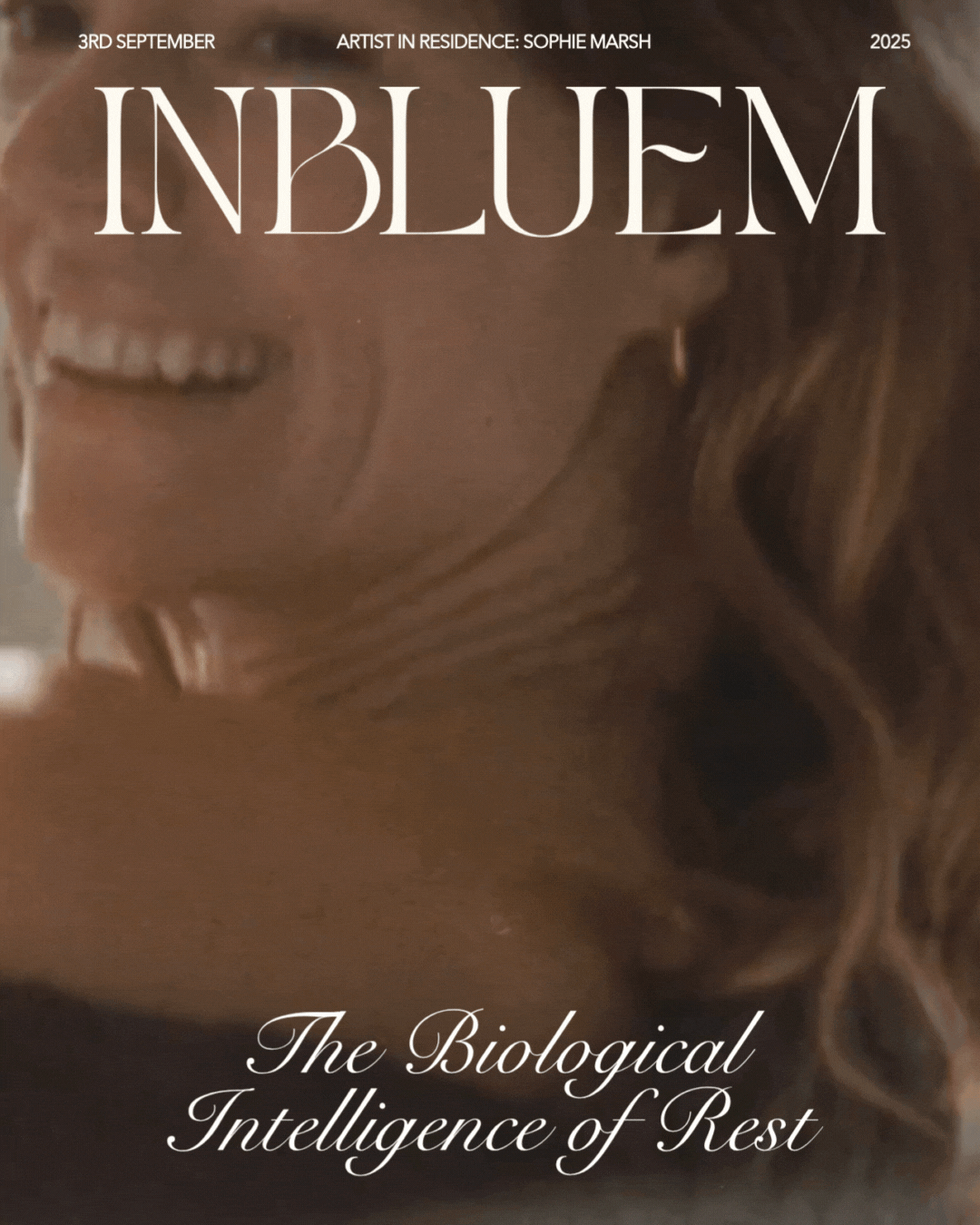The Ecology of Exhaustion

Cities pulse with artificial urgency, a surging undercurrent cradling the atmosphere. Speed becomes embedded in everything: the swipe of a screen, the hum of fluorescent light, the whir of traffic at midnight. Even in stillness, the nervous system anticipates movement.
This isn't accidental. Modern urban environments are engineered for output. Light is unending. Notifications are relentless. The architecture of daily life rewards momentum over reflection. The result? An epidemic of exhaustion that hides in plain sight.
But underneath the burnout is something deeper: ecological dysregulation.
Human beings are designed to follow planetary rhythms. Our biology responds to light and dark, warmth and cold, silence and sound. Yet cities blur these cues. Blue light from screens mimics morning sun and delays melatonin release. Noise pollution keeps cortisol elevated long after danger has passed. Temperature-controlled buildings numb our awareness of seasonal shifts. What was once a body guided by natural cadence becomes a body locked in continuous override.
Harvard's circadian biology research confirms: health emerges from alignment with natural cycles. Disrupt those cycles and consequences are immediate. Inflammation rises. Immune resilience drops. Mood disorders increase. One week of poor sleep affects over 700 genes related to cellular repair and stress response.
This is not just about rest—it's about rhythm. And cities flatten rhythm into convenience and uniformity.
This artificial continuity—the idea that energy should be limitless, that we should be "on" at all times—is a myth rooted in industrial logic and gearing for profit, not living systems. In nature, nothing blooms all year. Forests rest. Oceans ebb. Animals hibernate. Even soil requires fallow seasons.
But modern life frames exhaustion as personal failure rather than systemic design flaw. We internalise the shame of slowing down, measuring our worth by what we produce, even as our bodies quietly protest.
The ecology of exhaustion is not metaphor, it is biological.
Yet even within overstimulation, the body still remembers. A few minutes in sunlight. The scent of rain. The touch of water. These are not luxuries, they are regulatory inputs. Our nervous systems, though frayed, are always listening for such signs of safety.
To address burnout, we don't need more tips or steps in our routines, we need to repair our relationship to pace. We need spaces, both physical and internal, that honour the cycles we have abandoned. We need to remember that real restoration doesn't happen in five-minute breaks, but in the reclamation of rhythm itself.
Because rest is not passive. It is generative.
It rebuilds what stress dismantles. It restores the intelligence of the body. It roots us back in a kind of knowing that has always been there, beneath the whir, beneath the shame, beneath the shoulds.
This is not about doing less. It's about doing life differently.
Where presence matters more than performance. Where health is not the absence of illness, but the return of rhythm.






Leave a comment
This site is protected by hCaptcha and the hCaptcha Privacy Policy and Terms of Service apply.